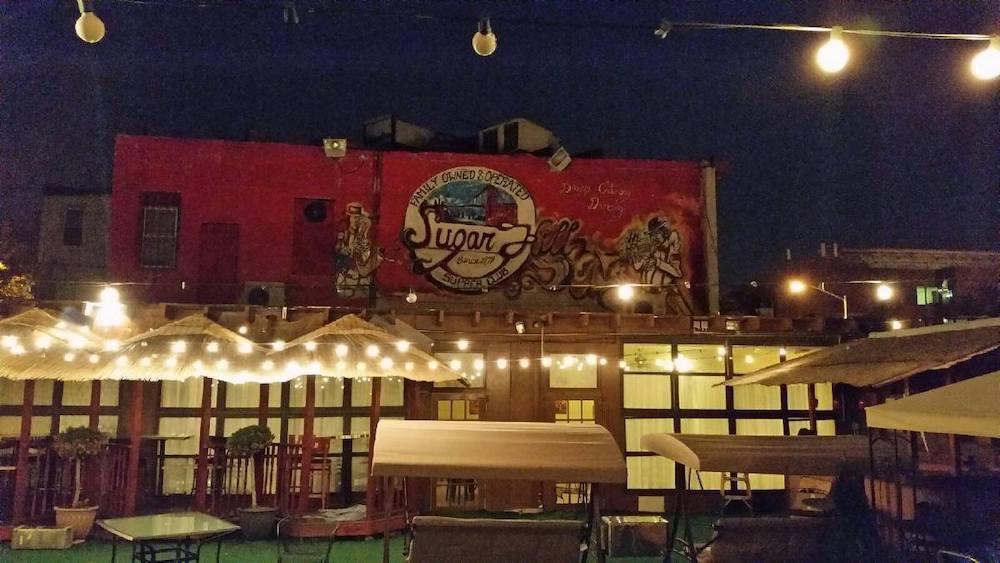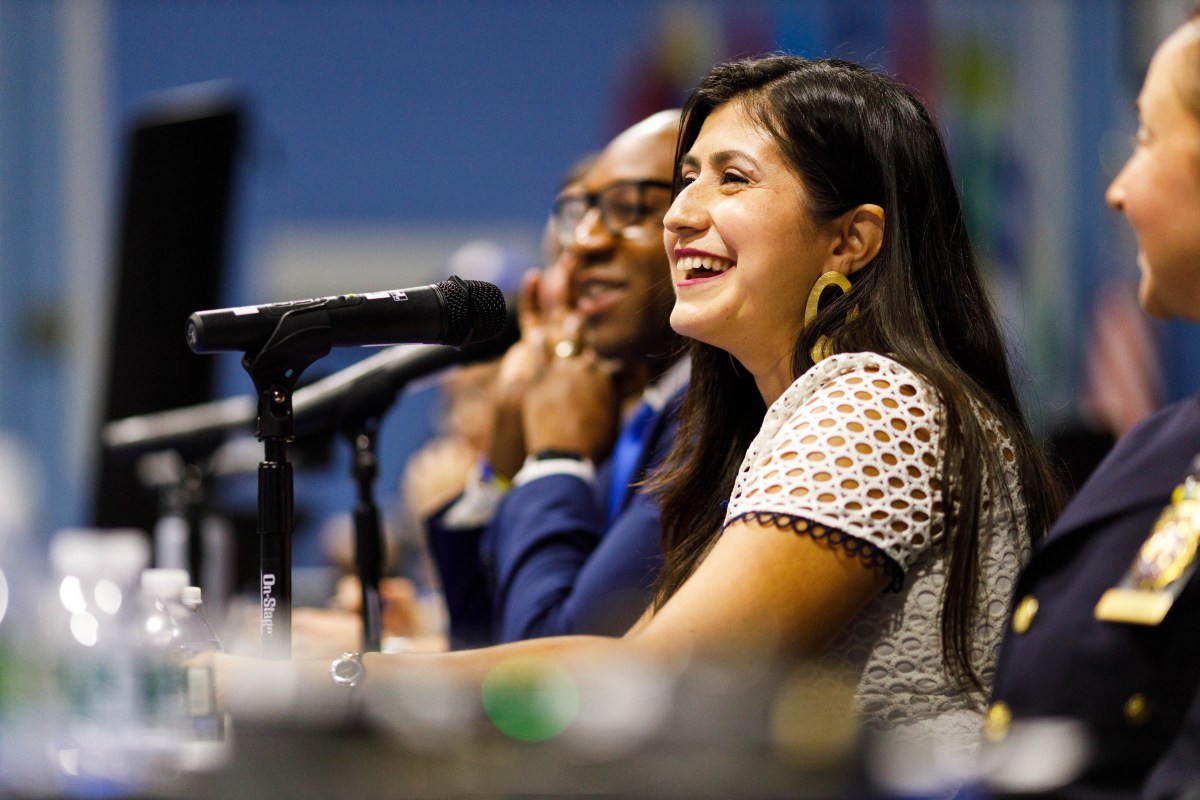Aaron Freeman thought he had $150,000 coming to him. As the owner of Sugar Hill Supper Club, 217 Nostrand Avenue in Brooklyn, Freeman had been told by the U. S. Small Business Administration (SBA) that his Payment Protection Program (PPP) loan was secure. Then, he received an email saying he was denied.
“We went through the process, and they said ‘you qualify for $150,000’,” Freeman said. “Then I got an email and it said denied. No specific reason, just said denied. But I gave them everything they asked for.”
Freeman’s experience with the program reflects widespread disappointment in the federal Restaurant Revitalization Fund (RRF) to rescue restaurants, which announced its closure on Tuesday, July 6.
The RRF program received more than 278,000 submitted eligible applications representing over $72.2 billion in requested funds, and dispersed $28.6 billion, the full extent of its allocation from Congress. Restaurants and bars were eligible for economic aid equal to their pandemic-related revenue loss, with a cap of $10 million per business and $5 million per location. The funds were available for certain eligible uses, like payroll and rent.
Restaurant owners and business leaders alike say the program fell short of its intentions.
Thomas Grech, President and CEO of the Queens Chamber of Commerce, originally lobbied Congress for $120 billion to help cover the full extent of the damage brought about by COVID.
“It’s a killer,” Grech said of the fund’s shortfall. “In Queens County, we have 6,000 restaurants. We estimated that during the COVID 1,000 shut for good.”
Grech foresees additional challenges for NYC’s restaurants in the coming months. He’s calling for a minimum of $70 billion in additional rescue funds from the federal government.
To help ease the burden, Grech wants to see the state decline the additional $300 in unemployment support the federal government is providing this summer and wants the city to declare a retroactive moratorium on fines, good through the end of this year. Grech acknowledges that these are politically difficult, and direct aid is still the best solution.
“That [federal] aid would have gone a very, very long way to help,” Grech said. “Many of the places that applied for the aid, were unable to get it because the well would dry pretty quick.”
Many restaurants ended up failing. In the case of Aaron Freeman, he was lucky to receive private loans at higher interest rates to keep his workers on the payroll. It will take years for him to recover.
The City Department of Small Business Services (SBS) touted its Fair Share: Restaurants program which helped restaurants apply for RRF grants.
SBS spokesperson Julianne Cho said with over 27,000 restaurants across the City and only 9,775 RRF payments going to state restaurants, let alone city restaurants, the grants did not reach many of our restaurants in need of financial support.”
“SBS strongly supports the replenishment of the fund and will continue to advocate for resources, initiatives, and policies that support a sustainable recovery of the NYC [Food and Beverage] industry,” said Cho.
Click here to find SBS financial support services and webinars.

















